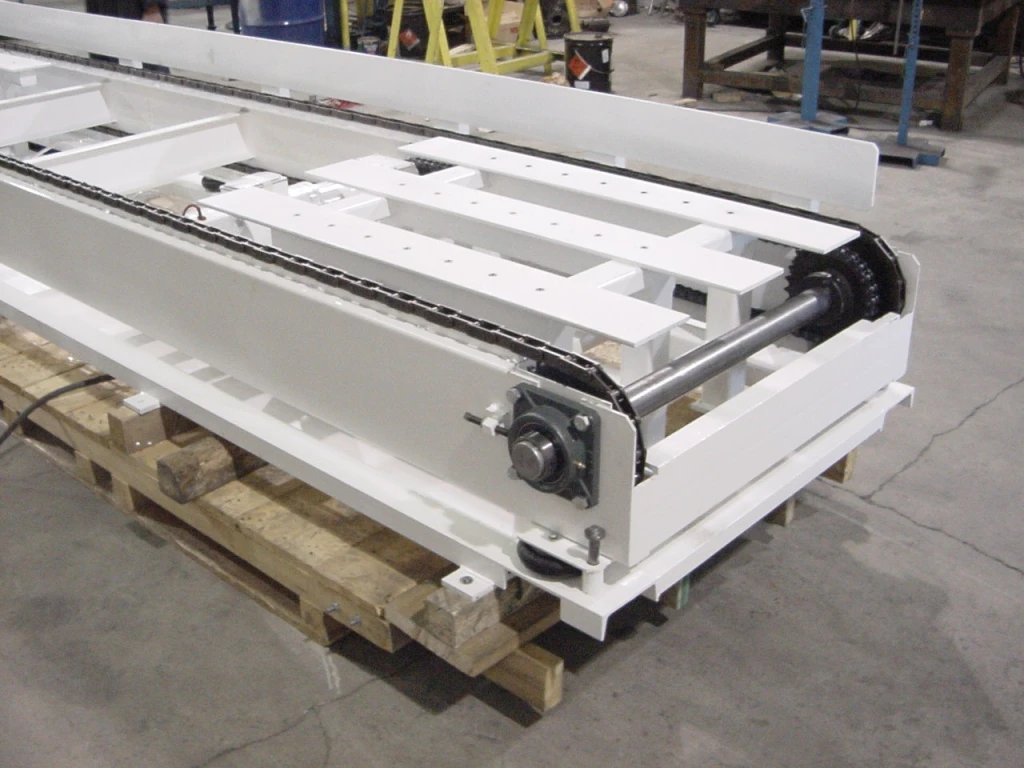What’s a Scrap Car?
After an accident, a car can become junk or just age to emit harmful gases and pollute our environment. This car is considered scrap. You are not allowed to drive your car if it is declared scrap. The only alternative is to sell your car.
A car is mostly made of steel so even though it may not be able to drive smoothly on the roads, its body and accessories can still have a great deal of value that could eventually fetch you a good price.
We have taken care of all the paperwork and laws you will need to sell your scrap car. First, determine if your car qualifies as scrap.
When is your car a scrap vehicle?
The authorities declare as scrap petrol and diesel vehicles older than 15 years. However, laws may differ for different states.
Here’s a quick overview of when a car can be considered scrap in different states.
Petrol/CNG Diesel
Delhi 15 Years 10 Years
Andhra Pradesh Until the vehicle is in good running condition Until the vehicle is in good running condition
Maharashtra *Until 15 Years* *Until 15 Years*
Karnataka Until the vehicle is in good running condition Until the vehicle is in good running condition
Rajasthan Until the vehicle is in good running condition Until the vehicle is in good running condition
1. What happens when a car is scrapped in Delhi?
Delhi law considers a petrol/CNG or diesel vehicle older than 15 and a diesel vehicle older than 10 years as a scrap car. You can’t drive such a vehicle even if it is in good running condition.
2. What happens when a car becomes a scrap car?
The age of the vehicle in Andhra Pradesh is irrelevant if you have a valid Fitness Certificate.
A fitness certificate is used to determine the car’s health and emissions. It is usually valid for 15 years. After that, a check on the car’s health is required. This is also known as CF (Certificate of Fitness). Certificate of Fitness. This can prevent a vehicle being declared as scrap.
If:
- The fitness certificate cannot be renewed
- Your engine number and chassis number do not match or are different from those of other vehicles
- The vehicle isn’t moving
- Car has been totaled by an accident
- The engine repair costs are higher than or equal to the vehicle cost
3. What happens when a car becomes a scrap vehicle in Maharashtra
A car can be driven in Maharashtra until it reaches 15 years. The car is scrapped after this period. You can still use the car if it is in good condition by paying the green taxes.
CNG vehicles must be retested every three years. You must re-validate your CNG at the RTO if it gives you a positive fitness certificate. The RTO revalidation will cost approximately INR 3000 and the testing center will cost around INR 2000-2500.
4. What happens when a car becomes a scrap car?
In Karnataka , the vehicle’s age is not considered a factor in determining whether it should be scrapped. As long as you have a valid Fitness Certificate. You can still use the vehicle if it is in good running condition by paying the green tax or extending your fitness certificate.
Karnataka considers a car scrap when it:
- It does not move
- The Road Tax period is over, and the RTO refuses renewal of fitness certificates based on car condition.
- Refurbishment costs are higher than the car value
- Car has been totaled by an accident
5. What happens when a car becomes a scrap vehicle in Rajasthan?
Rajasthan allows you to legally drive a vehicle for up to 15 years. If your vehicle is in good running condition, you may be able to use it for a further 15 years by paying the green tax or renewing the fitness certificate.
Rajasthan considers a car scrap when it:
- The vehicle isn’t moving
- The total loss of the car is accidental.
- The engine repair costs are higher than the vehicle cost.
After 15 years, you can renew your fitness certificate. It is very simple. The inspection takes place at the RTO. If the inspector approves that the vehicle can be driven on the road, then the fee structure is based on the vehicle’s cubic capacity.
- 1000CC – 2K, plus agent fee
- 1500CC – 4K, plus agent fee
- 2000CC – 6K, plus agent fee
How to Scrap a Car and De-Register the Vehicle?
It is difficult to establish a standard procedure for scrapping cars because the Govt hasn’t created any strict rules that are universally applicable across the country. While there might be variations between states or RTOs, generally the process follows these steps:
1. Notifying the RTO
The owner notifies RTO of the vehicle.
2. Surrendering RC & Chassis Plates to the RTO
The owner gives the RC and the chassis plate to RTO.
- If the RC is damaged or lost, you will need to submit two copies (Form 26 and FIR).
- A No Objection Certificate (NOC), from the bank, must be included with your application if the vehicle was financed. A duplicate NOC will be required in the event that the original NOC is lost. After paying a fee, a duplicate NOC can be obtained from the bank.
A chassis plate is a sheet of metal that contains unique numbers. Every vehicle is assigned a unique chassis number, which acts as an ID. The law requires that car owners submit the chassis plate to the RTO when declaring their car scrap. This will ensure that your vehicle is not used for any other purposes and, if it is still being used, you won’t be held responsible.
3. RTO records de-register the car
The RTO reviews all submitted certificates and verifies whether there is a standing balance against the vehicle (e.g., lease, loan, or challan).
After all paperwork and dues have been received, the car can be declared scrap and taken from the RTO Registers. Your car can now be cut into sheets or melted to extract the metal.
In certain states, the car can be taken to the police and a video made during the process of getting it removed
How to Sell a Scrap Car
To sell your scrap car, you must provide a copy your RC and bank NoC to the person/business who will take it away. To deregister your car from RTO records, collect the chassis number plate from them.





